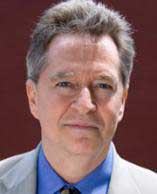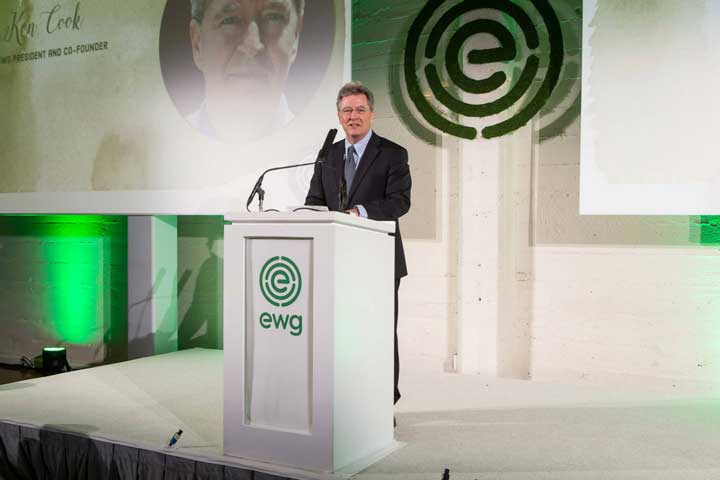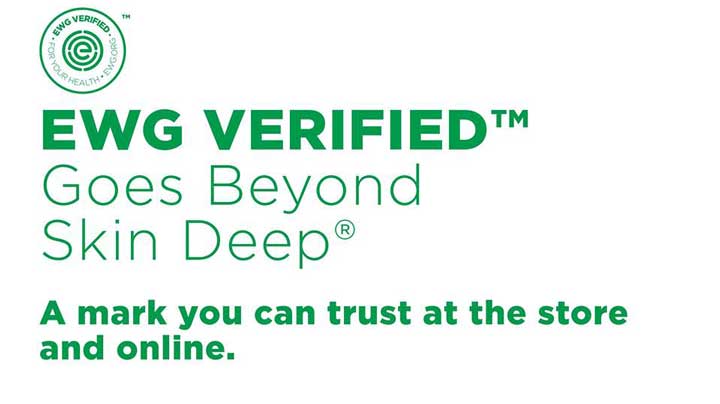
By Alexandra Fradelizio | m/Oppenheim Media Writer
When President Ken Cook co-founded the Environmental Working Group (EWG), he sought to create a place in which consumers and environmentalists alike could “live healthier lives in a healthier environment.”

“We wanted to develop strong evidence through original research and break through the cultural clutter with newsworthy stories about what we were discovering when we dug through government databases and pollution problems,” he explained.
As a result, EWG was developed as an online resource for individuals to examine how consumer products, water contaminants, and air pollutants impact their lives and the environment.
“We started EWG with the idea that we can be an organization that can break through and reach the public with information we were discovering daily,” said Cook.
Using the latest science, EWG updates its website daily to inform its millions of visitors regarding harmful contaminants. In particular, the organization releases reports of pollutants that impact various areas of the country and recently released over 100 million water testing results from every US state.
“The tap water database is an unprecedented look at contaminants in the nation’s drinking water and shows a complete new set of standards that EWG will be proposing for what should be considered the safe level of these contaminants,” explained Cook.
Compared to a few decades ago in which the government took an active stance in regulating toxins and pollutants, EWG has aided the environmental community in educating the public regarding the dangers of many products, including agriculture.
“Part of our mission is to engage people to understand and take action so their government does its job,” said Cook.
“Some people aren’t aware of the steps they should be taking, so that’s where the government should step in. ”

With consumers becoming more aware of harmful ingredients through the work of EWG, individuals are setting a precedent for healthier products.
“We’re entering an era now where consumers are racing ahead of companies in terms of setting standards for cleaner ingredients,” explained Cook.
Compared to previous generations in which individuals and activists would identify contaminants in products and would aim to pass laws and regulations, public interest groups now bring issues to the forefront of debates. Coupled with the introduction of social media outlets, the discoveries of EWG and its emergence as an environmental health leader causes consumers to hold companies directly accountable by publicly boycotting certain products found to have toxins.
“Previously, we had very few ways in which we could hold companies accountable,” said Cook.
“The discovery process and the action consumers now take has revolutionized regulation of toxic chemicals and contaminants.”
Through enlightening consumers, EWG has allowed consumers to work with companies to improve the standards of products.
“Across many different categories of consumer exposure to pollutants and contaminants, companies are responding the right way,” explained Cook.
In order to conduct research regarding various toxins, EWG is funded primarily by individuals who donate through the organization’s website as well as foundations and private sectors. The support received by individuals and corporations has allowed the organization to develop EWG Verified, a licensing program which will benefit companies that create safe products for consumers. The program consists of 1,000 personal care products, including shampoos, lotions, and makeup, which underwent stringent tests to ensure their safety and will bare a EWG seal when sold on store shelves.

“We think this is going to be an important part of how we get the message out and how we change markets in the future,” said Cook of the program.
Ultimately, Cook believes the power of the Environmental Working Group resides in consumers who want to take affirmative action in order to create an environment free from toxic contaminants.
“EWG works to empower individuals to get to know their environment and protect their health.”
Learn more about Environmental Working Group and Donate
